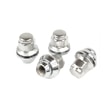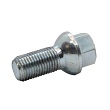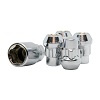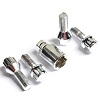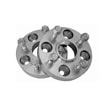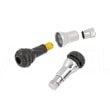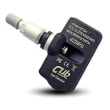Tire pressure sensors - TPMS - Metal Black 315+433
- It is a spare part, programmable with AUTEL devices and sent as a ready-to-install product. The device operates at a frequency of 433/315 MHz - fits most European and American cars
 17 YEARS ON THE MARKET
17 YEARS ON THE MARKET
Together, we develop the Polish economy
 SECURITY
SECURITY
The regulations meet the Trusted Shop quality criteria
 QUALITY CERTIFICATE
QUALITY CERTIFICATE
Alloy wheels have ISO, VIA JWL certificates proving their high quality
 GUARANTEED QUALITY
GUARANTEED QUALITY
Aluminum Rims are covered by a 3-year warranty
 STATIONARY SHOPS
STATIONARY SHOPS
Opportunity to look at the goods closely, direct contact with an expert
Available variants!

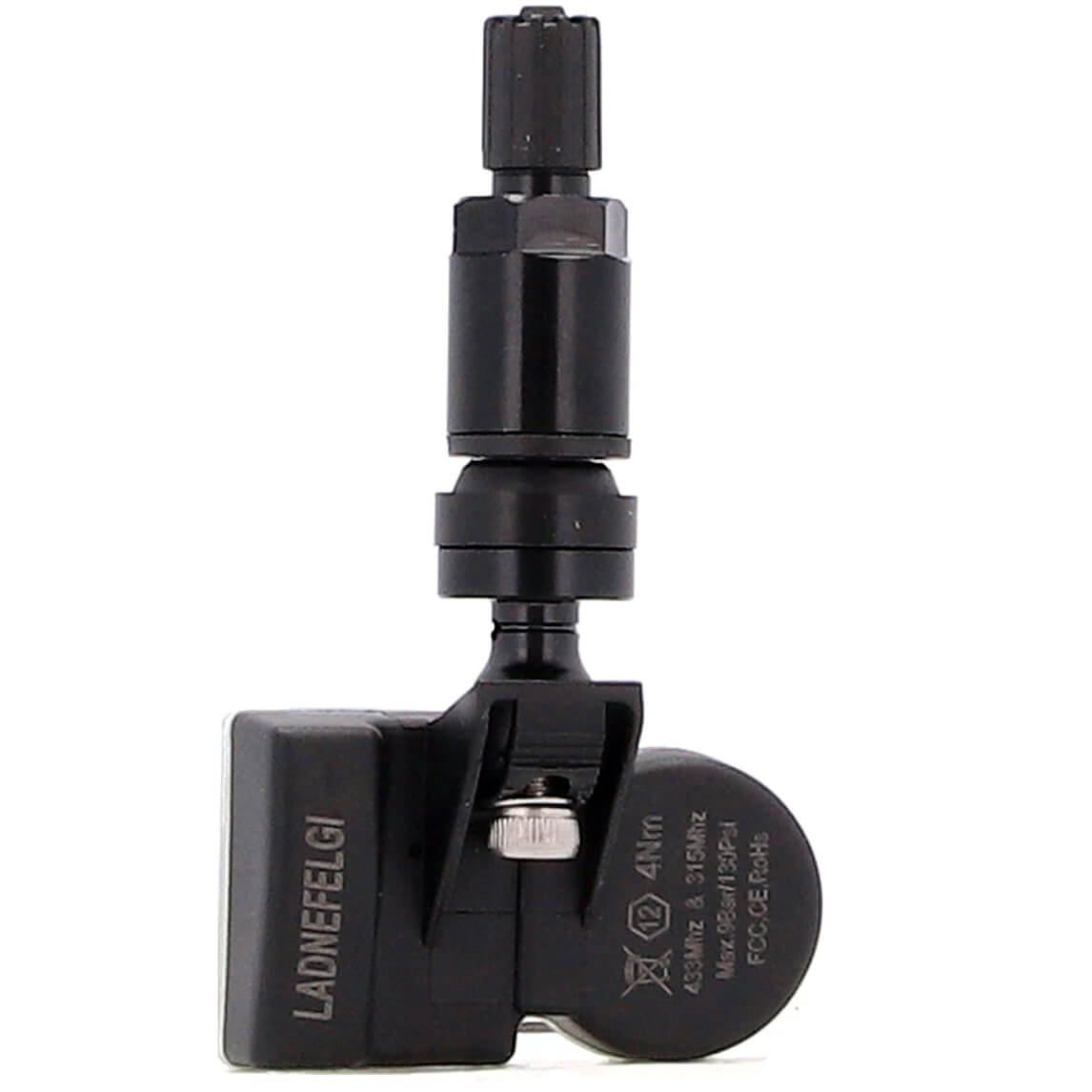
TPMS – tire pressure monitoring system
TPMS is an abbreviation that can be developed as Tire Pressure Monitoring System. The system consists of four sensors that wirelessly transmit current information about the air condition in the tires to the on-board computer. The sensor is a small device equipped with a battery, which is mounted on the rim - so if you want to have insight into the pressure in each wheel, you must have 4 such sensors.
Why is it important to maintain the correct tire pressures?
Because it has many advantages:
- Correct combustion, which will be within the standards adopted by the car manufacturer.
- Reduction of tire wear.
- Better control of the vehicle on corners and shorter braking distances.
- Improving road safety.
NOTE: When purchasing, be sure to provide your CAR details
When placing an order for TPMS sensors, please provide the following information in the comments section vehicle: make, model, year and month of production, as well as target market (for the US market, frequency should also be provided, as not all vehicles intended for the American market operate on frequency 315 MHz). Lack of this data will result in sending unprogrammed sensors. Then it will be necessary to program the sensors yourself using the AUTEL brand diagnostic device.
Please note that for some vehicle models manufactured in the same period, this is possible existence of two different TPMS programming protocols. Without the physical presence of the vehicle we are unable to determine proper protocol. In such situations, the serial/OE number of the part or cloning is necessary sensors.
The sensor programming service is provided free of charge and does not constitute the basis for any claims complaints. If the wrong protocol is loaded, it will be necessary to reprogram the TPMS to own responsibility when using AUTEL.
devices
Sensors programmable for a specific car.
Universal sensors are compatible with most cars available on the market. According to the manufacturer's list, this is as many as 95% of car models . The sensors are programmed with AUTEL devices . There are two methods of programming TPMS sensors - assigning new ID numbers and copying the original ID numbers.
Methods of programming TPMS sensors
1. Assigning new ID numbers (Creating replacements)
In this option, new identification numbers (ID) are uploaded to the sensors. In order for the car to recognize the new sensor, the on-board computer (ECU) must have the option of automatic sensor learning (the car starts detecting new numbers automatically or through the option available in the menu). About 39% of cars on the market have this option . If the vehicle does not have the automatic learning option, the numbers must be uploaded manually by connecting to the car with a service computer via the OBD II connection (e.g. in a car workshop or authorized service center).
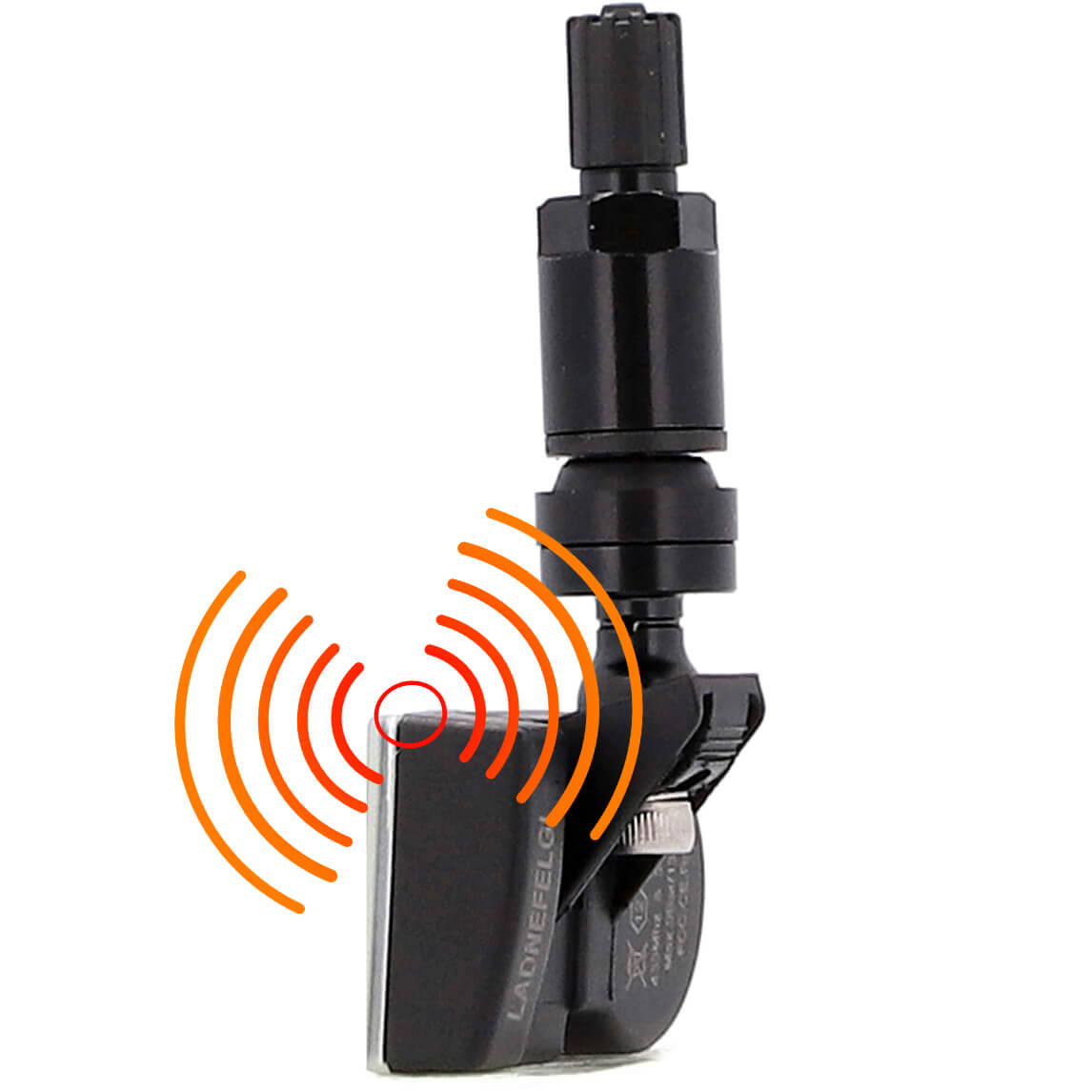
Methods of programming TPMS sensors
2. Copying Original ID Numbers (Cloning)
The identification numbers of currently installed TPMS sensors are uploaded to the sensors. Since the car does not see the difference between the new and old sensors at this point, the car does not require manual learning. You can obtain cloning ID numbers in three ways:
- By wirelessly scanning the wheels with a device for diagnosing TPMS sensors (every respectable tire repair shop currently has a diagnostic device)
- By reading from the on-board computer by connecting to the car with a service computer (e.g. in a car workshop or authorized service center).
- By reading directly from the sensor, but only if the removed sensor was original. Due to the possibility of multiple programming, replacement sensors do not have ID numbers printed on them.
The obtained numbers should be provided in the notes to the seller or by sending an e-mail after purchase. Each sensor has a unique ID number, so if you purchase a single sensor, you must send the ID of the specific sensor. Note: If the customer does not send us ID numbers, we create replacements by default, i.e. upload new numbers. In this case, cars that do not have the automatic learning option will require manual uploading of the numbers to the ECU.
After making the purchase, we recommend contacting us to select the most convenient method of programming TPMS sensors.
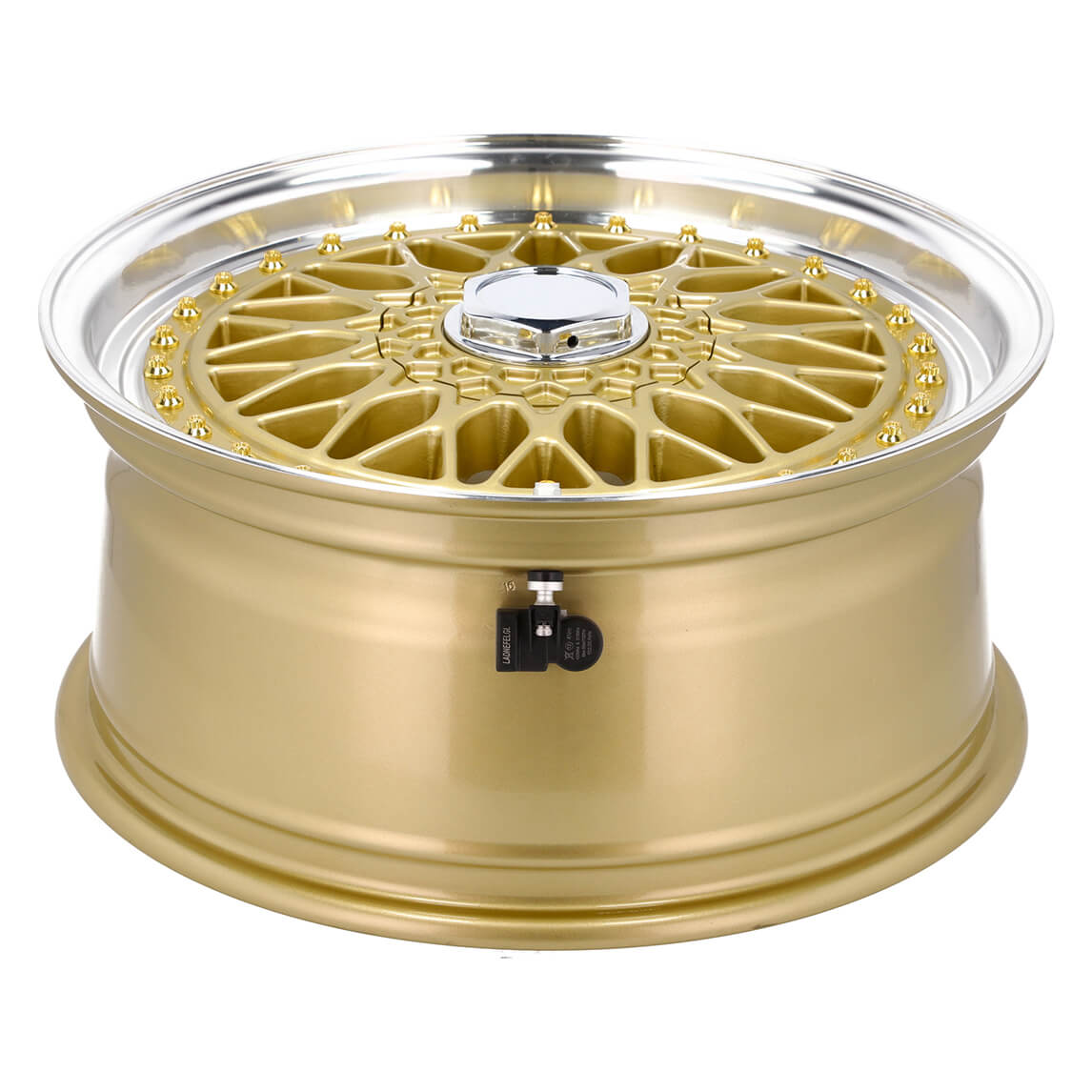
Other information
The sensor we sell is a high-quality replacement that is in no way inferior to TPMS sensors installed during the first installation. Moreover, thanks to the possible adjustment of the adhesion angle (0 - 30 degrees in the case of a sensor with a twist valve), the sensor fits most rims available on the market. This is confirmed by leading rim manufacturers who have provided lists of their own rims compatible with TPMS sensors.
After purchasing, please send us information regarding the selection of the valve:
- silver screwed aluminum valve
- black screw-on aluminum valve
- rubber valve ( intended for steel rims )
If no such information is available, the default selection is a sensor with a silver screw-on aluminum valve.

Certificates confirming RED and FCC specifications
The sensors are certified to meet the requirements of the European RED (Radio Equipment Directive) directive and regulations the American FCC (Federal Communications Commission). In both cases, the sensors have undergone rigorous testing regarding safety and health, electromagnetic compatibility and efficient use of the radio spectrum.
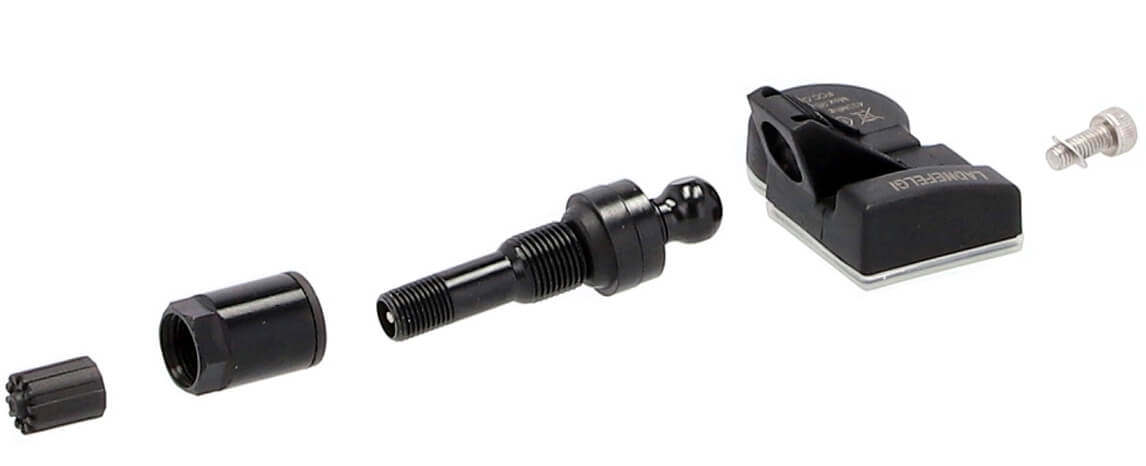
In addition:
- Battery life estimated at 5 - 7 years or a driving distance of 150 - 160 thousand. km.
- The sensor can be reprogrammed up to 100,000 times.
- The device can operate at a frequency of 433MHz (Europe) or 315MHz (USA).
- It is possible to replace the valve only, without the need to replace the entire pressure sensor (e.g. after damage to the valve itself).
- Sensor valves are protected by anodizing.
- The sensors cover approximately 95% of cars available on the market that are equipped with TPMS pressure sensors.
- The sensors meet FCC, CE, RoHs standards.
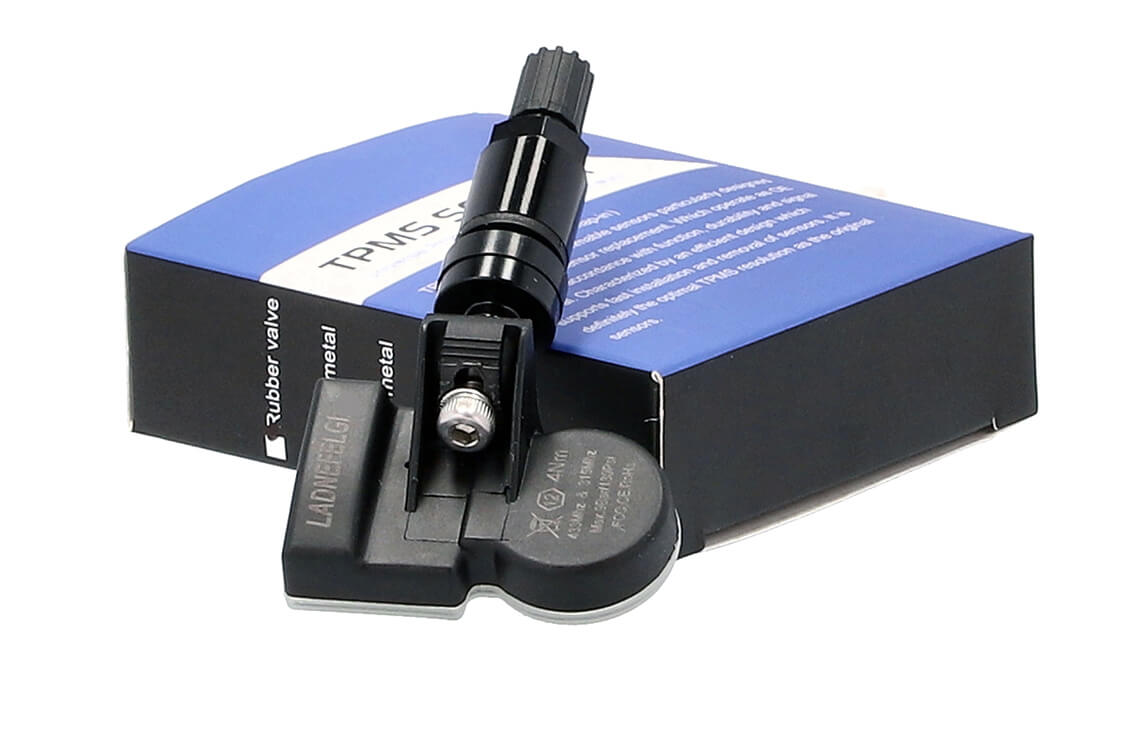
Tech specs:

The model:determines the appearance of the rim. By entering the model in the LadneFelgi.pl store search engine, you can search for rims in different colors and with other parameters.

Color: determines the colors in which the offered item was made. Pictures are taken under natural lighting.







 Nowoczesny design
Nowoczesny design Idealne dopasowanie
Idealne dopasowanie Duża wytrzymałość
Duża wytrzymałość Wysyłka gratis w 24h
Wysyłka gratis w 24h
 Indywidualny projekt
Indywidualny projekt Dedykowany opiekun
Dedykowany opiekun
